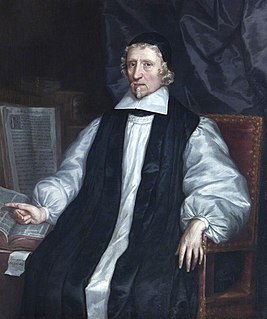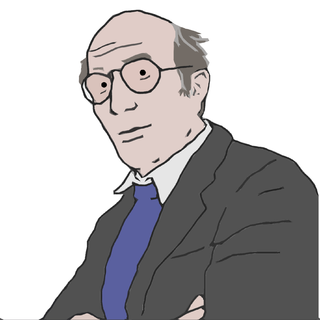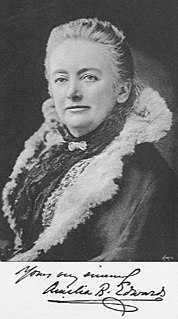A Quote by Virginia Woolf
For it is probable that when people talk aloud, the selves (of which there may be more than two thousand) are conscious of disserverment, and are trying to communicate but when communication is established there is nothing more to be said.
Related Quotes
More people saw me than saw Napoleon, Lincoln and Cleopatra. I was better known than Einstein and Picasso. ... I changed the fashion of two continents. The style of the Gay Nineties became the rage ... women were trying to walk and talk like me. Women became more sex-conscious - sex was out in the open and fun.
He who asks fortune-tellers the future unwittingly forfeits an inner intimation of coming events that is a thousand times more exact than anything they may say. He is impelled by inertia, rather than curiosity, and nothing is more unlike the submissive apathy with which he hears his fate revealed than the alert dexterity with which the man of courage lays hands on the future.
Surely as a man may say of a rock--nothing more quiet, because it is never stirred; and yet nothing more unquiet, because it is ever assaulted--so we may say of the church--nothing more peaceable, because it is established upon a rock; and yet nothing more unpeaceable, because that rock is in the midst of seas, winds, enemies, and persecutions.
We live in a world in which we are able to communicate very quickly in many different ways, and yet we find communicating more difficult than ever. When in fact we need communication more urgently than ever, because the enemies that threaten us are universal: drugs, illiteracy and crime. We have to fight against them together.
For a very great many years, I asked this question: ‘To communicate or not to communicate?’ If one got himself in such thorough trouble by communication, then of course one should stop communicating. But this is not the case. If one gets himself into trouble by communicating, he should further communicate. More communication, not less, is the answer.
As far as employees are concerned, clearly I like to communicate with them, since we are more than 40,000 people. I like to communicate either through e-mail or through video conferencing, which we do very often, and stream out videos and interviews. But more than that, I believe in traveling to my branches.
I work on two levels. I occupy my conscious mind with things to do, lines to draw, movements to organize, rhythms to invent. In fact, I keep myself occupied. But that allows other things to happen which I'm not controlling... the more I exercise my conscious mind, the more open the other things may find that they can come through.
It may be said of some very old places, as of some very old books, that they are destined to be forever new. The nearer we approach them, the more remote they seem: the more we study them, the more we have yet to learn. Time augments rather than diminishes their everlasting novelty; and to our descendants of a thousand years hence it may safely be predicted that they will be even more fascinating than to ourselves. This is true of many ancient lands, but of no place is it. so true as of Egypt.


































